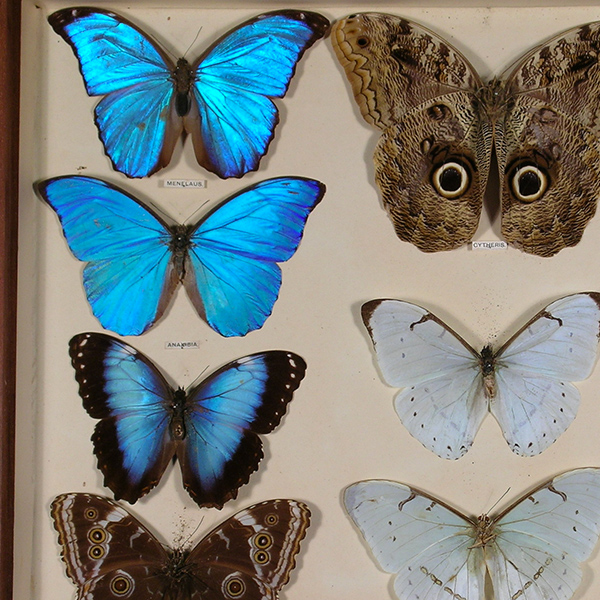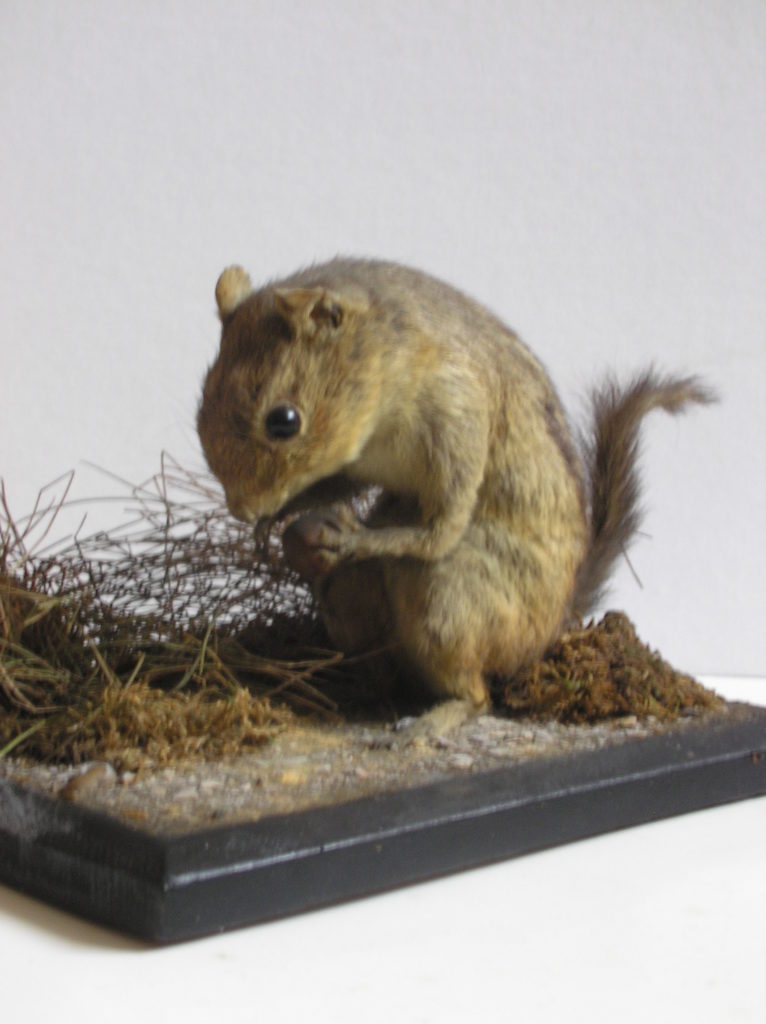
Chipmunk
Reference: 1999.229
Can be found: Colour and Camouflage
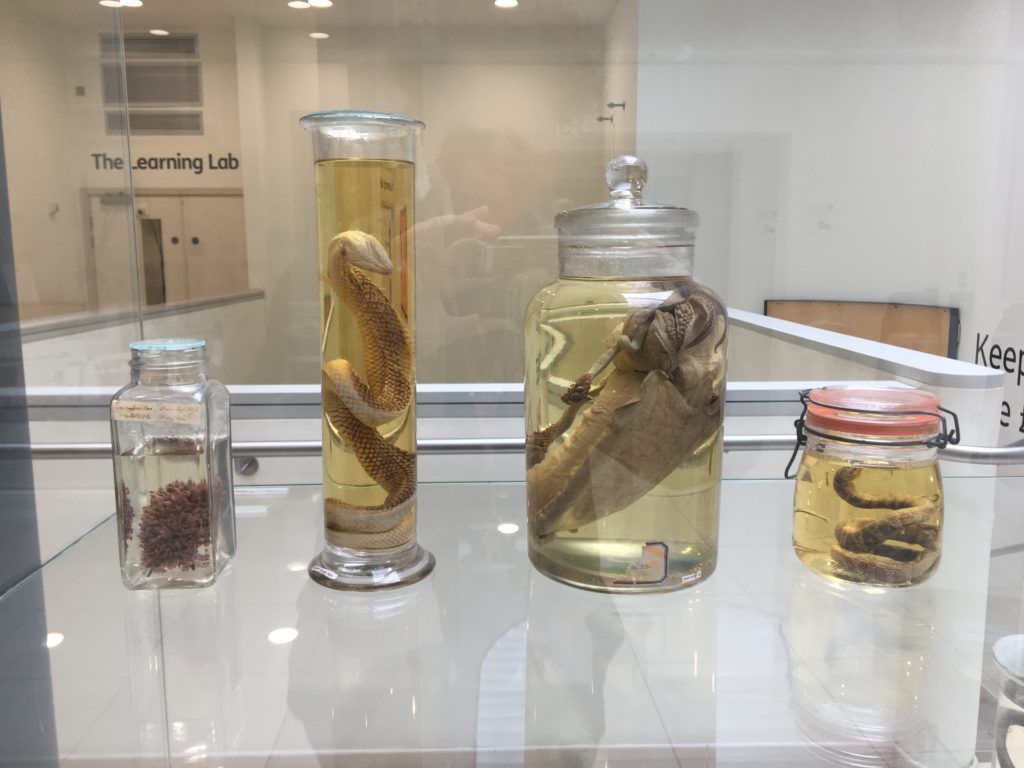
Cuttlefish
Cuttlefish are molluscs. They are similar to squids, octopuses, and nautiluses. Cuttlefish have a unique internal shell, the cuttlebone, which they use to control their buoyancy. They have W-shaped pupils, eight arms, and two tentacles. Of all invertebrates, they also have the largest brain in relation to their body size.
Reference: 2000.178
Can be found: Colour and Camouflage
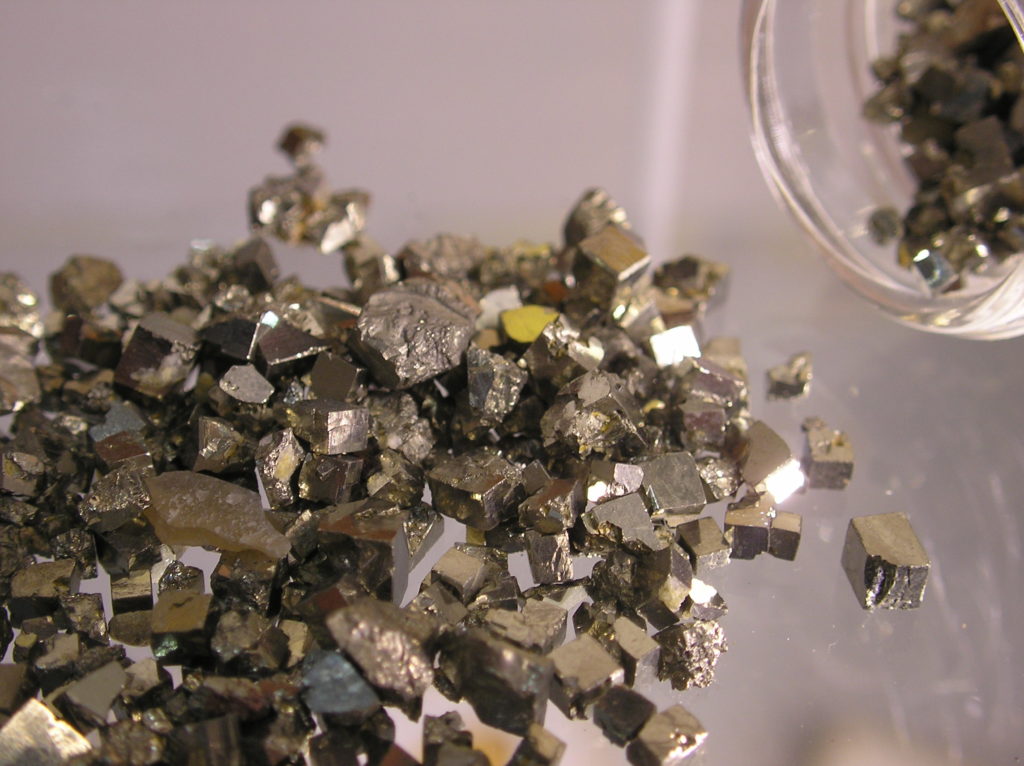
Fools’ gold
The iron sulphide Pyrite has often been mistaken for gold. It is a brassy yellow-coloured metal and occurs in similar contexts to gold. Because of its cubic molecular structure it forms near perfect cubes as a crystal.
Reference: CANCM:nn
Can be found: Colour and Camouflage
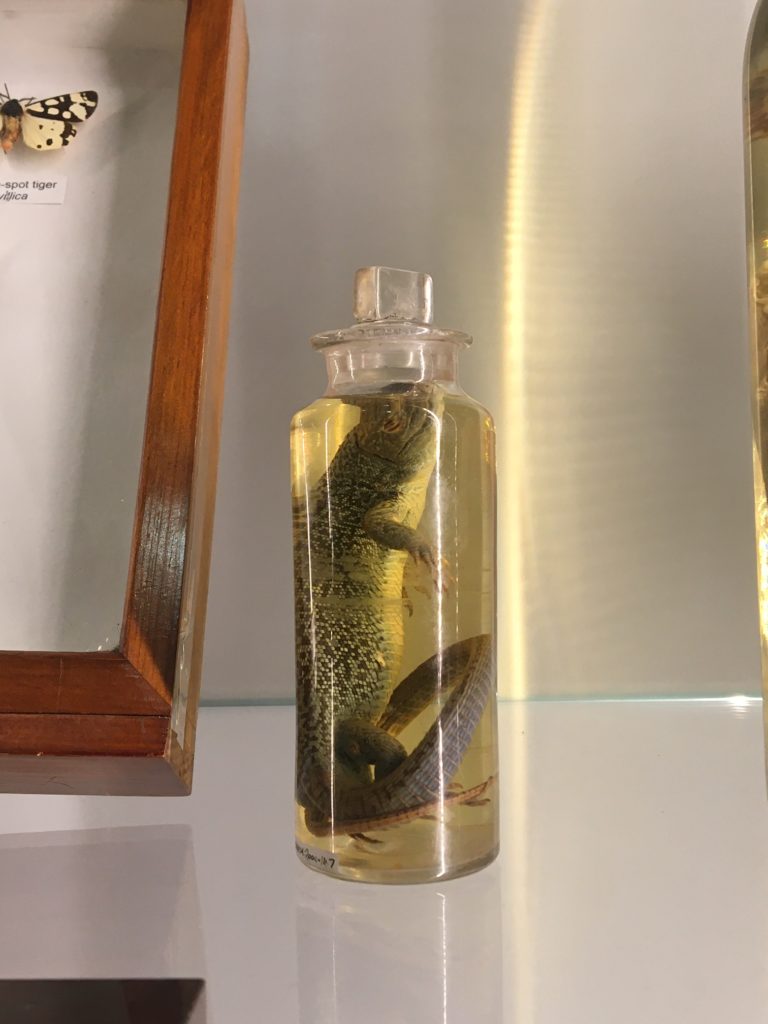
Lizard
Lizards are a large group of reptiles with over 6,000 species, found in all continents except Antarctica. Most lizards are quadrupedal (using all four feet) and run with a strong side-to-side motion. Some are legless, and have long snake-like bodies (slow worms). Lizards are mostly carnivores and use many different adaptations to protect themselves, including: venom, camouflage, and the ability to lose and regrow their tail.
Reference: 2000.147
Can be found: Colour and Camouflage
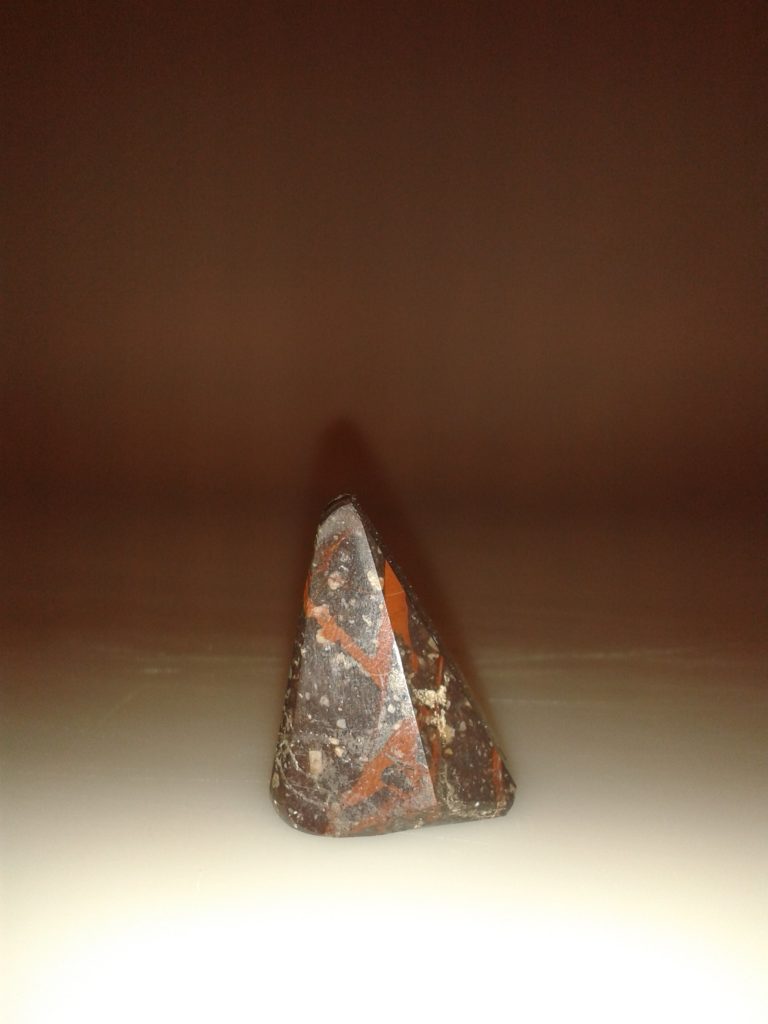
Red Agate
Agates are mainly the same composition as quartz. Like the different coloured varieties of quartz, such as amethyst and citrine, agates inherit their colours from the variations in composition of trace elements in the fluids that deposited the mineral layers. They are commonly cut and polished for souvenirs or ornaments.
Reference: 2009.277
Can be found: Colour and Camouflage
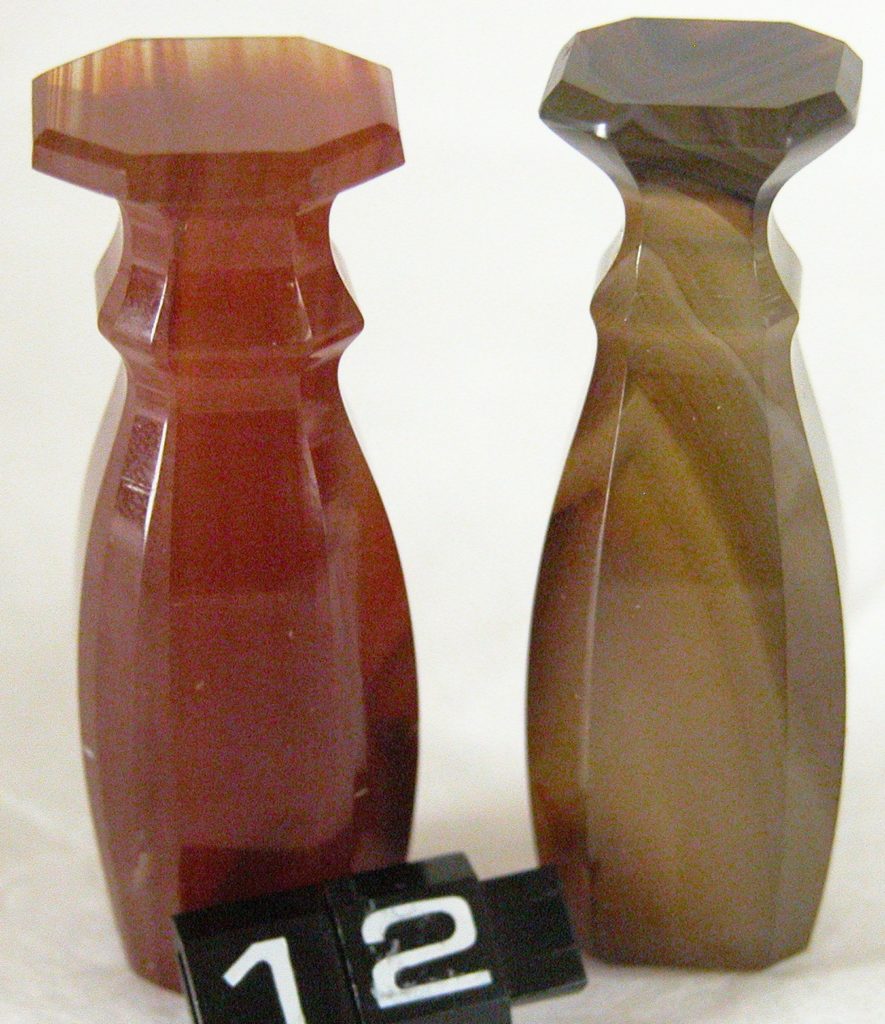
Red Agate seals
Reference: 2010.2.148
Can be found: Colour and Camouflage
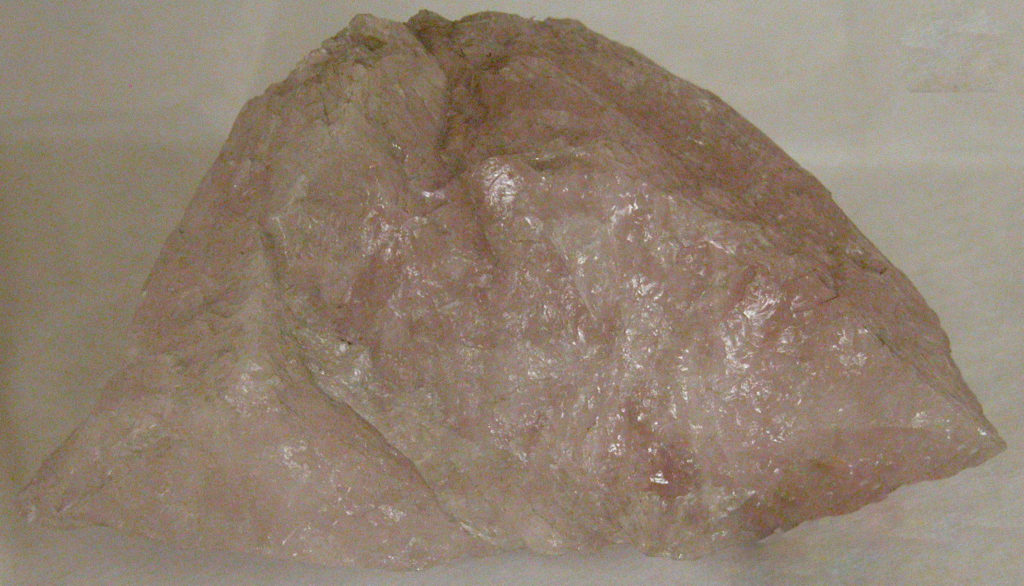
Rose Quartz
Reference: D4.A.246
Can be found: Colour and Camouflage
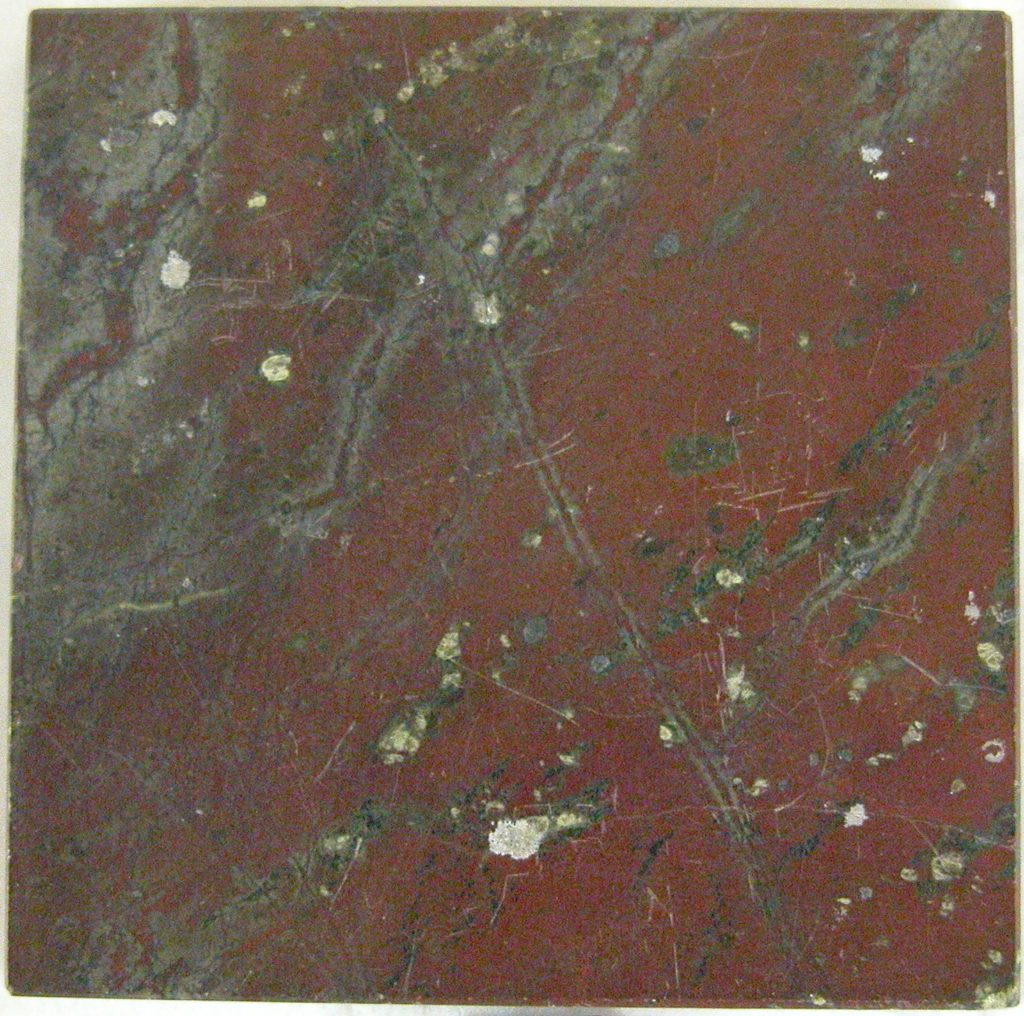
Serpentine
Serpentine is a silicate. This cut and polished square has an old museum label describing it as ‘Rare Williamsite, Russia’. Williamsite is a variety of serpentine that is usually green.
Reference: 2009.529
Can be found: Colour and Camouflage
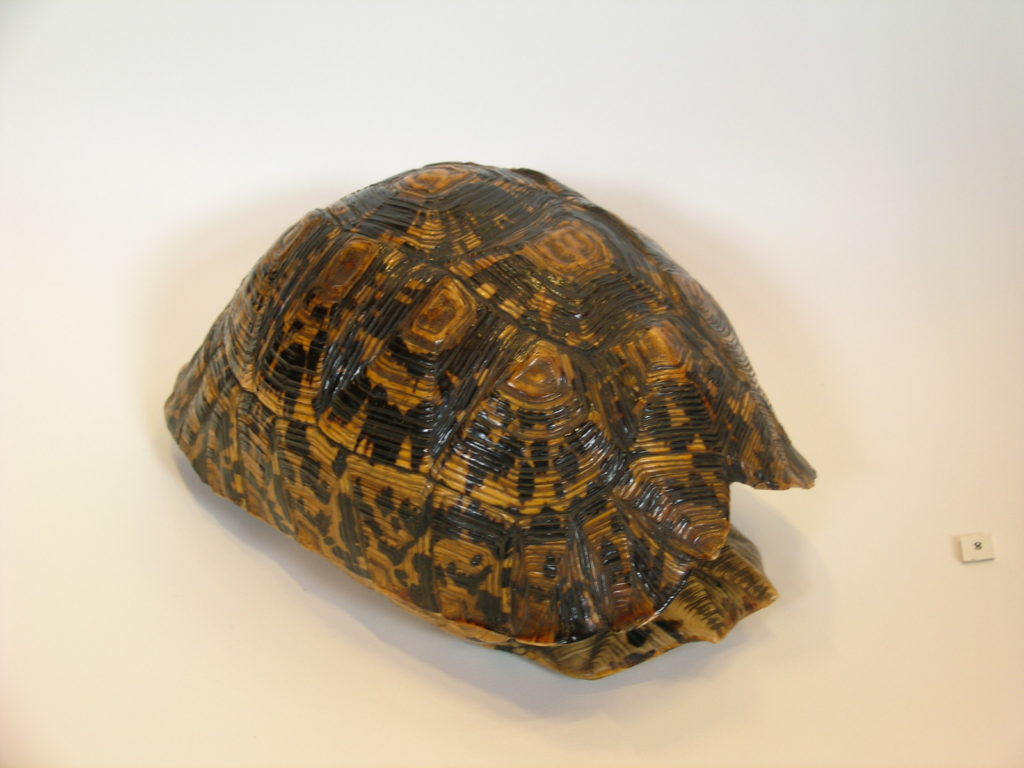
Tortoise shell
All tortoises have hard shells that help to protect their bodies. The domed top of the shell is called the carapace whereas the flat bottom is called the plastron.
Reference: CANCM:1999.259
Can be found: Colour and Camouflage
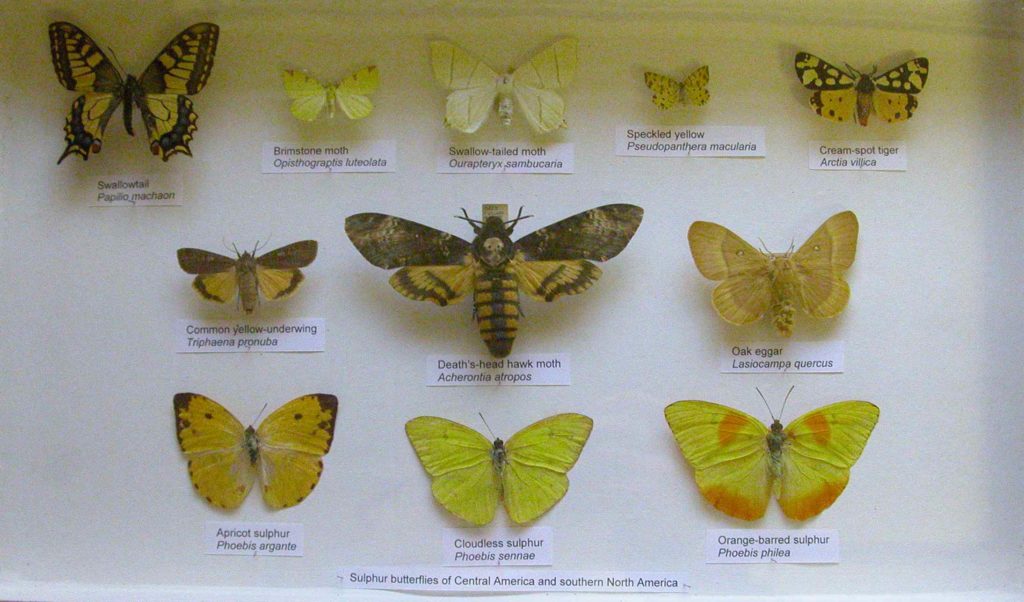
Yellow butterflies and moths
They include the Swallowtail butterfly, Brimstone moth, Swallow-tailed moth, Speckled yellow, Cream-spot tiger, Common yellow underwing, Death’s-head hawk moth, Oak eggar, Apricot sulphur, Cloudless sulphur and Orange-barred sulphur. These sulphur butterflies are from Central America and southern North America.
Reference: CANCM:nn
Can be found: Colour and Camouflage

